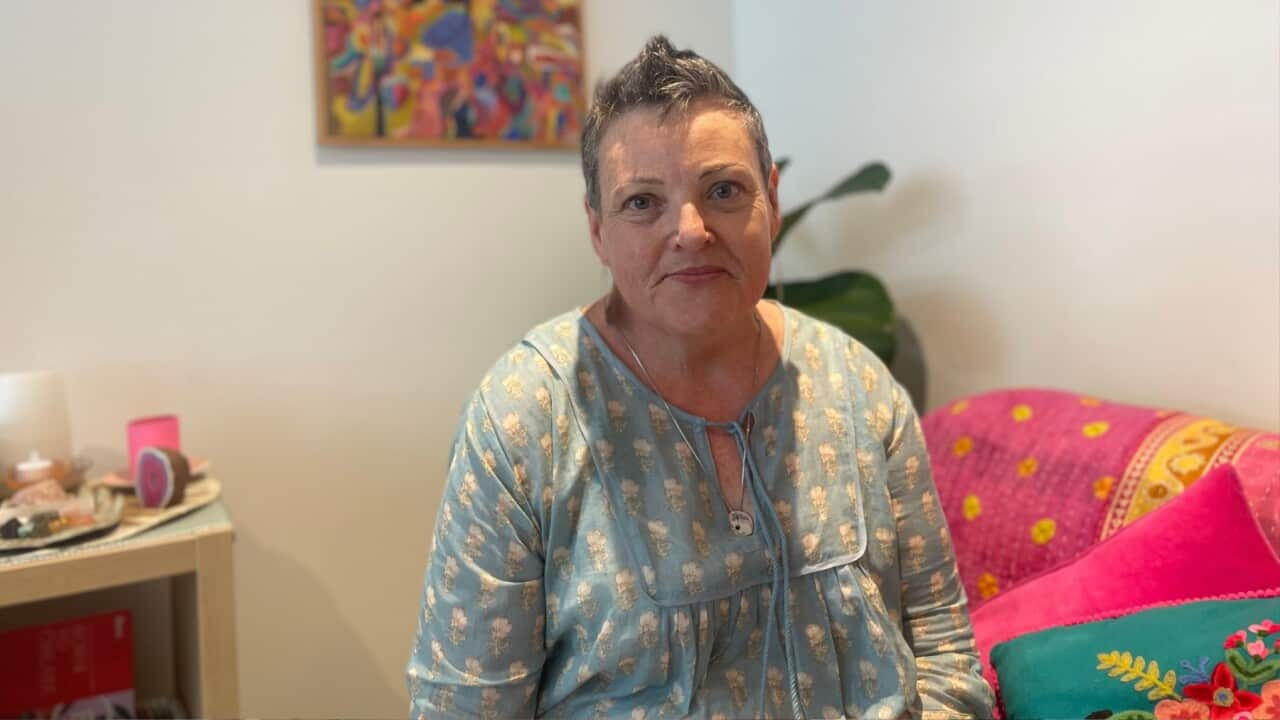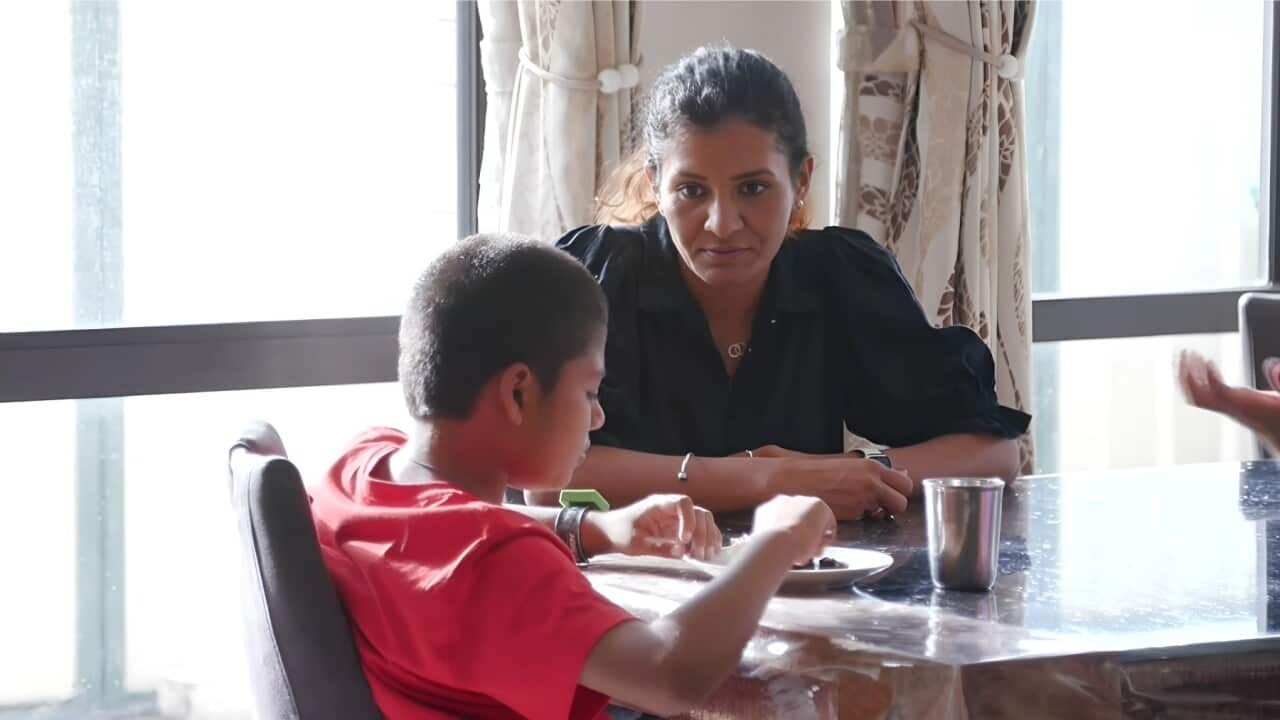TRANSCRIPT
"Hi Barry, how can I help you out today?"
Researchers at Edith Cowan University in Perth have developed a character called Barry.
It's an artificial intelligence training tool designed to prepare nursing students for real-world challenges ... like managing aggressive patients.
"F***, why am I here? I've got a f***** sprain, I don't need no hospital, s***, you ain't going to do nothing for me anyways."
Jasmine Vucak is an Edith Cowan University student.
"Barry was really realistic, he is a little bit intimidating. ... My responses were to try and stay calm and not feed into his attitude."
Brennen Mills is the Simulation and Immersive Digital Technology lead at E-C-U.
"A lot of big industries now is looking at how they can leverage generative AI. I think health care needs to be one of those operating on the front foot in these innovation kind of settings."
New research by E-C-U has revealed a sharp rise in-hospital assaults between 2015 and 2018 in many Australian hospitals.
Study participants reported facing both verbal and physical violence, made worse by understaffing and overcrowding in emergency triage areas.
Clinical quality managers like Nathan Ross say aggressive behaviours from patients can be caused by a range of factors.
"From being associated with grief, being associated with stress, being associated with drug or alcohol or other substances."
While A-I in the classroom is helping train future frontline workers, Mr Mills and other A-I designers admit that more work needs to be done to address bias.
"We want to curate the responses, to be reflective and cognisant of different people's cultural backgrounds, ethnicities and even languages. So with some brief filtering, we can be making Barry speak in different languages."
"You ain't got a clue, lady."













